Which of the following product is not possible from the given reaction?
Alkyne overset(H2SO4/HgSO4) to Product

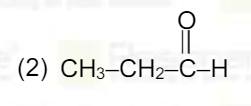
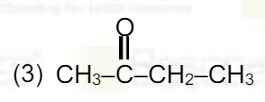

To solve the problem of determining which product is not possible from the reaction of an alkyne with sulfuric acid (H₂SO₄) in the presence of mercury sulfate (HgSO₄), we can follow these steps:
Step 1: Understand the Reaction
When an alkyne reacts with H₂SO₄ in the presence of HgSO₄, it undergoes hydration. The reaction typically leads to the formation of a carbonyl compound (either a ketone or an aldehyde) through a process known as tautomerization.
Step 2: Identify the Mechanism
1. The alkyne (C≡C) reacts with Hg²⁺ from HgSO₄, forming a mercurinium ion.
2. Water (H₂O) then attacks the more substituted carbon atom due to Markovnikov's rule, leading to the formation of an organomercury intermediate.
3. This intermediate then undergoes tautomerization to yield a carbonyl compound.
Step 3: Determine Possible Products
- If the starting alkyne is symmetrical (like 2-butyne), the product will be a ketone (e.g., butan-2-one).
- If the starting alkyne is terminal (like 1-butyne), the product can be an aldehyde (e.g., butanal) or a ketone (e.g., butan-2-one).
Step 4: Analyze the Options
Given the options (which are not specified in the question), we can conclude:
- Ketones are always formed from internal alkynes.
- Aldehydes can be formed from terminal alkynes.
- However, certain products (like specific aldehydes) may not be formed depending on the structure of the alkyne.
Conclusion
From the analysis, we can conclude that if an option represents an aldehyde that cannot be formed from the given alkyne under the reaction conditions, that would be the correct answer to the question.
Final Answer
The product that is not possible from the reaction of an alkyne with H₂SO₄ in the presence of HgSO₄ is an aldehyde (if the alkyne is internal).
---
When an alkyne reacts with H₂SO₄ in the presence of HgSO₄, it undergoes hydration. The reaction typically leads to the formation of a carbonyl compound (either a ketone or an aldehyde) through a process known as tautomerization.
1. The alkyne (C≡C) reacts with Hg²⁺ from HgSO₄, forming a mercurinium ion.
2. Water (H₂O) then attacks the more substituted carbon atom due to Markovnikov's rule, leading to the formation of an organomercury intermediate.
3. This intermediate then undergoes tautomerization to yield a carbonyl compound.
- If the starting alkyne is symmetrical (like 2-butyne), the product will be a ketone (e.g., butan-2-one).
- If the starting alkyne is terminal (like 1-butyne), the product can be an aldehyde (e.g., butanal) or a ketone (e.g., butan-2-one).
Given the options (which are not specified in the question), we can conclude:
- Ketones are always formed from internal alkynes.
- Aldehydes can be formed from terminal alkynes.
- However, certain products (like specific aldehydes) may not be formed depending on the structure of the alkyne.
From the analysis, we can conclude that if an option represents an aldehyde that cannot be formed from the given alkyne under the reaction conditions, that would be the correct answer to the question.
The product that is not possible from the reaction of an alkyne with H₂SO₄ in the presence of HgSO₄ is an aldehyde (if the alkyne is internal).
Similar Questions
Knowledge Check
In the given reaction :
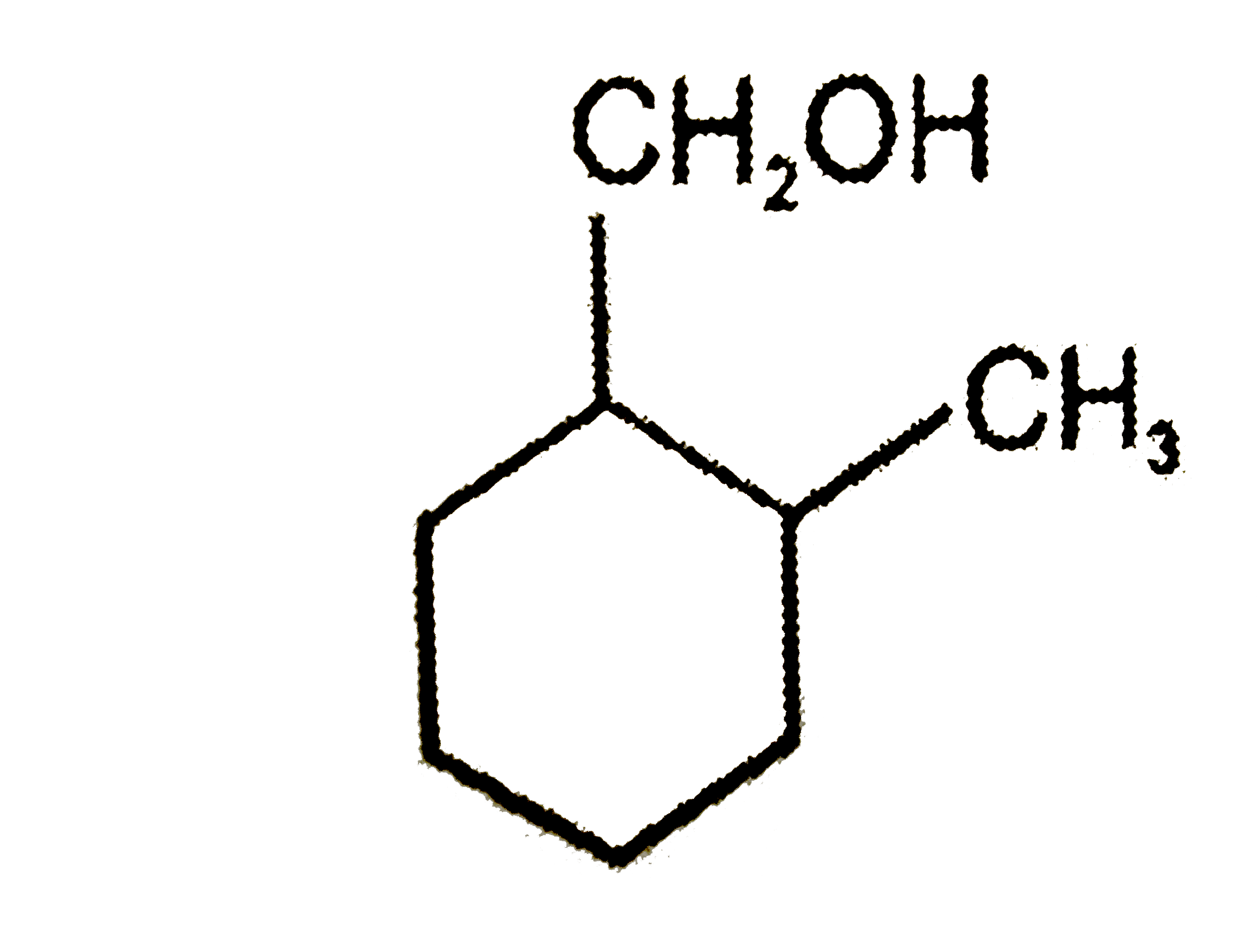
Conc.H2SO4−−−−−−−→ [X] as major product
[X] will be :A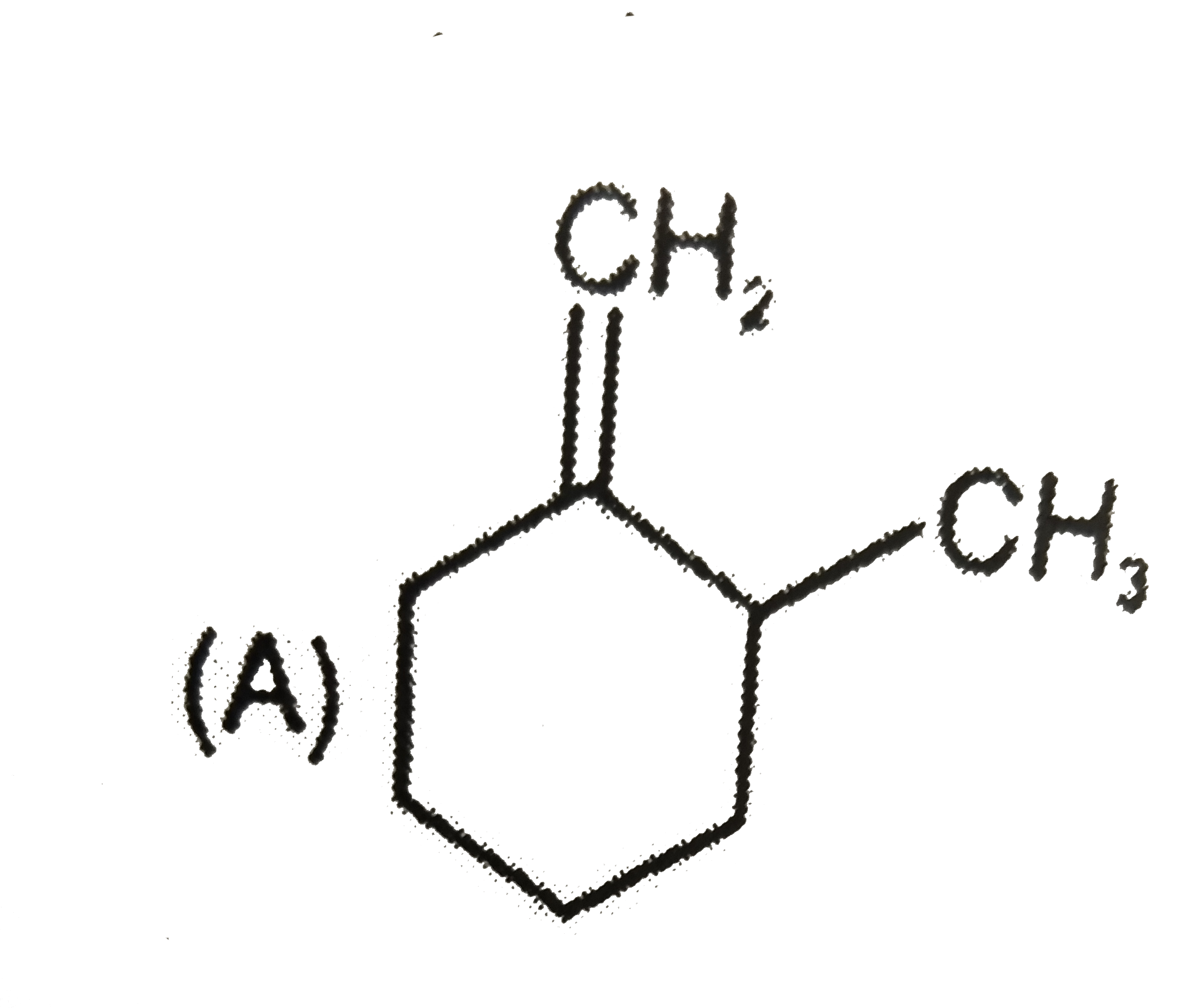 B
B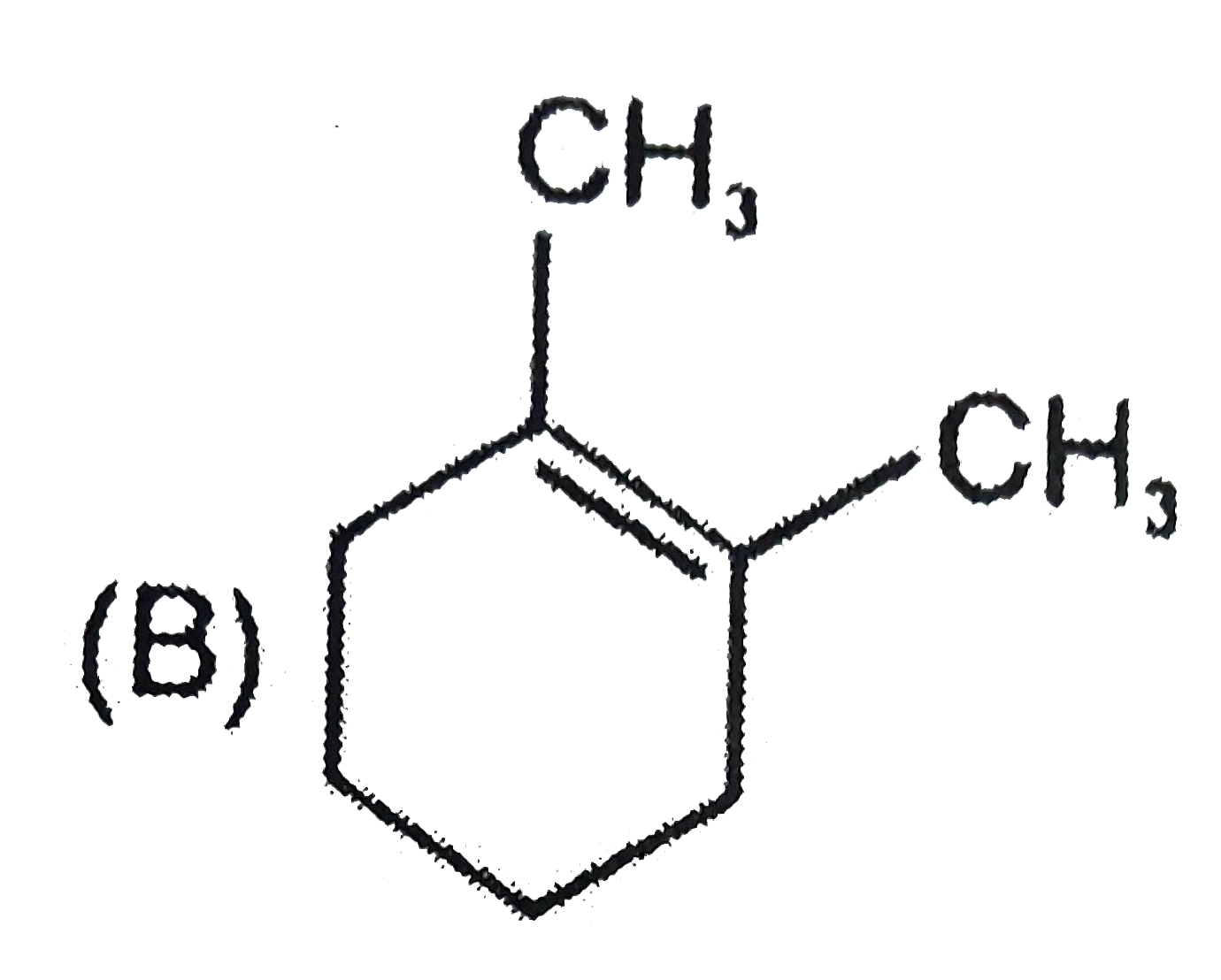 C
C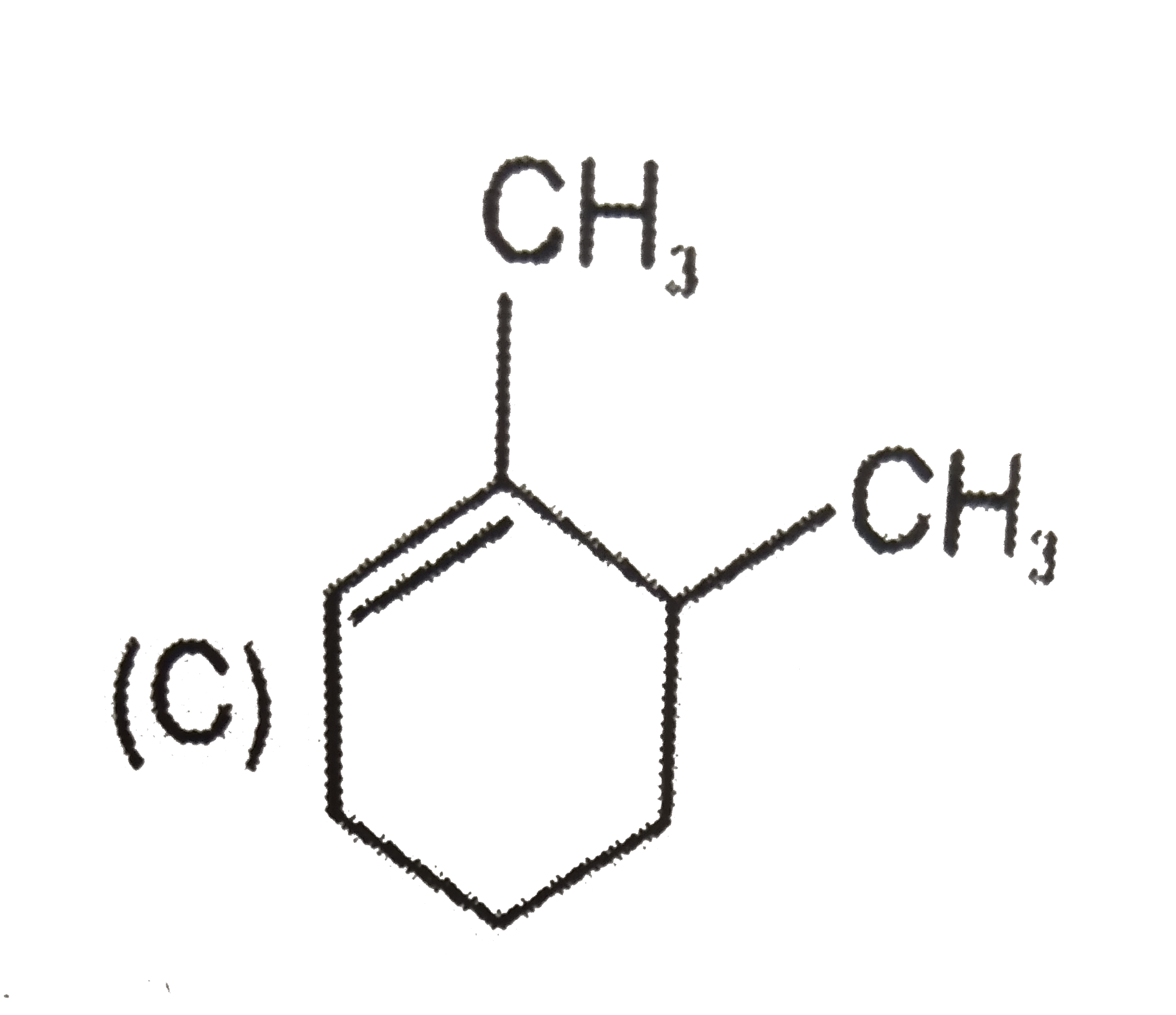 D
D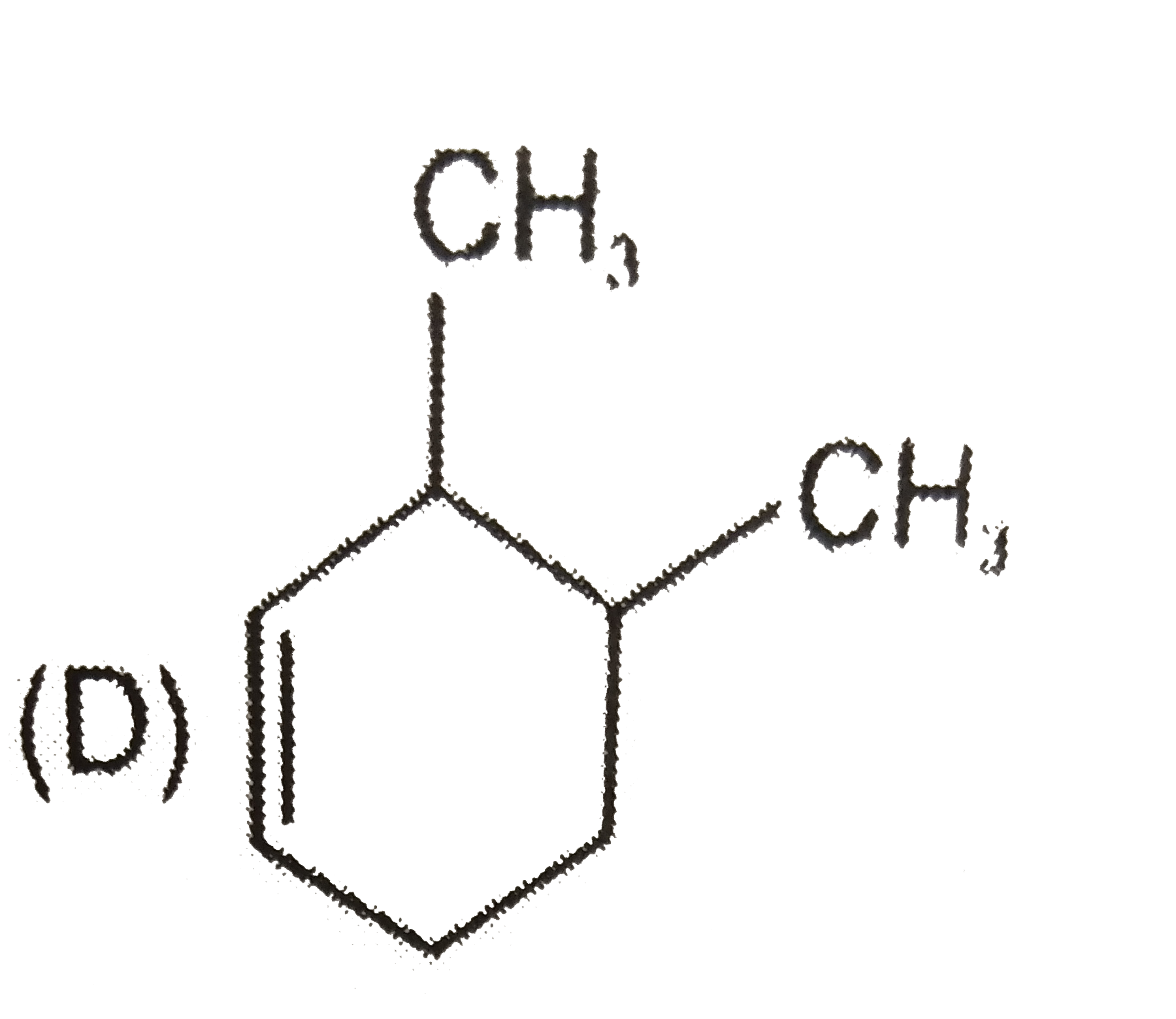
Which of the following will not produce same product when treated with dil. H2SO4 with HgSO4 or when undergo hydroboration oxidation?
A B
B C
C D
D
The end product of the following reaction would be
CH3−C≡CHC2H5OH/HgSO4/H+−−−−−−−−−−−−−−→A BCH3−CH2−O−CH2−CH=OCCH3−CH2−O−CH3∣C=CH2DCH3−CH=CH−O−CH2−CH3
BCH3−CH2−O−CH2−CH=OCCH3−CH2−O−CH3∣C=CH2DCH3−CH=CH−O−CH2−CH3
CH3−C≡CHHgSO4,H2SO4−−−−−−−−→ Major product is :
View SolutionThe major product of the following reaction is
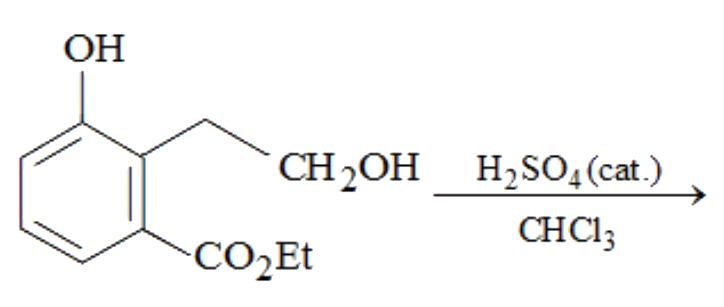 H2SO4(cat)−−−−−−−→CHCl3
H2SO4(cat)−−−−−−−→CHCl3
View SolutionPredict the major product of the following reaction: C6H6+(CH3)2CHCH2OHH2SO4−−−→
View SolutionThe end product of the following reaction would be
CH3−C≡CHC2H5OH/HgSO4/H⊕−−−−−−−−−−−−−−→
View SolutionThe major product (A) formed in the reaction-
_S01_367_Q01.png) H2SO4−−−→A
H2SO4−−−→A
is:
View Solution
